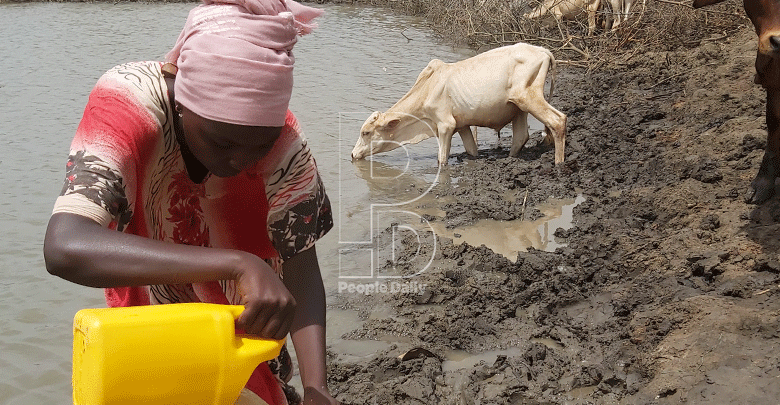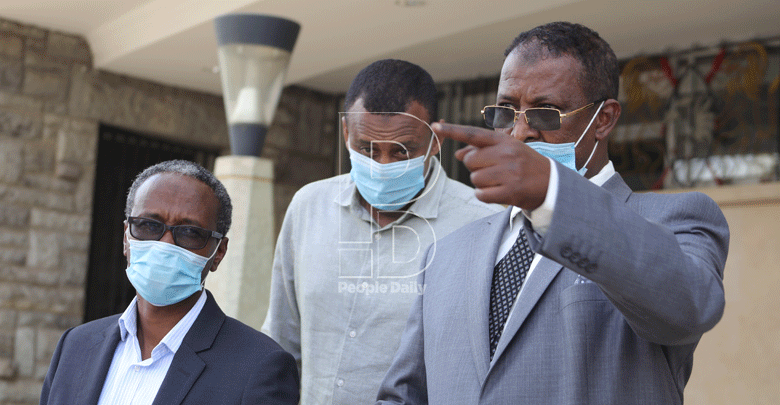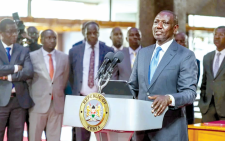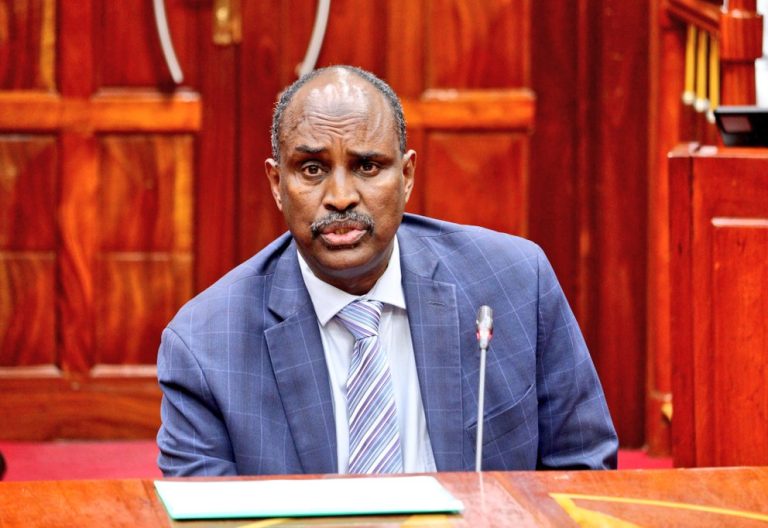State allocates Sh2b to drought mitigation kitty
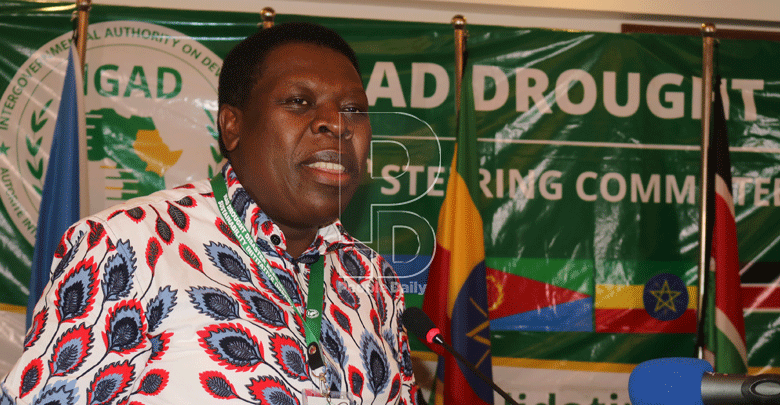
Reuben Mwambingu @reubenmwambingu
The government has set aside Sh2 billion under the newly established National Drought Emergency Fund to shield Kenyans from the severe effects of drought which are already being felt in the north-eastern part of the country, Devolution Cabinet Secretary Eugene Wamalwa has said.
Speaking on the sidelines of the Inter-Governmental Authority on Development (Igad)’s 12th Steering Committee and eighth General Assembly in Mombasa, Wamalwa said the money will go a long way in cushioning counties that are experiencing prolonged dry spell.
“Already we have started experiencing severe drought in Mandera, Wajir, Garissa, Isiolo and Turkana counties and as we gather here to discuss drought mitigation, we want to come up with ways of building partnerships among Igad member States and our development partners to mobilise more resources to enable us eliminate threats of hunger in the region,” Wamalwa said.
Disaster management
The CS said Kenya is among the first countries to establish an emergency fund to mitigate the effects of severe drought.
“Kenya has taken great strides since we had the last Igad general assembly. We established a National Drought Emergency fund and we are among the first few countries to create such a fund. We have Sh2 billion in the kitty,” he said.
Wamalwa revealed that his ministry had developed regulations that would guide counties in utilisation of the funds.
In addition, he said, the Cabinet recently approved the disaster risk management policy which will pave way for the establishment of a fund to cushion citizens from the impact of other disasters.
Wamalwa observed that Kenya had recently suffered many disasters including floods and invasion of desert locusts.
Best practices
He also observed that last year’s landslides in Tamkal, Nyarkulian and Tapach villages of West Pokot County, parts of Elgeyo Marakwet county and Kipkelion in Kericho county had claimed lives and livelihoods.
“We are continuing with preparations to avert disasters and at the same time learning from the experiences of other countries like Djibouti, Uganda, Sudan, South Sudan, Ethiopia, Eritrea and Somalia. We want to find out how they approach disasters so that we can copy best practices,” said the CS.
He urged Igad member States to consider increasing resource allocation to disaster risk management.
Wamalwa said devolution and the Building Bridges Initiative (BBI) Constitution amendment bill, which seeks to increase the resource allocation to counties from 15 per cent to 35 per cent, had enhanced disaster preparedness in Kenya.
Igad Executive Secretary Workneh Gebeyehu said an estimated 31 million people in member States were facing severe food shortages and were in need of urgent assistance.
Of particular concern, Gebeyehu said, were more than 105,000 people in South Sudan whose food security status is categorised as catastrophic.
“A closer examination of this crisis shows that the effects of climate change, natural disasters and economic shocks will claim more of our people’s lives than conflict alone,” he said.
He added: “This is the new normal and we should respond with our own “new way of doing things” that requires us to innovate new plans, strategies and policies; as well as make a new commitments and reaffirmation to tackle the cocktail of novel challenges in our region.”
The new challenges, Gebeyehu said, had compelled member States to re-examine their responses, re-target their strategies and re-double their efforts.

